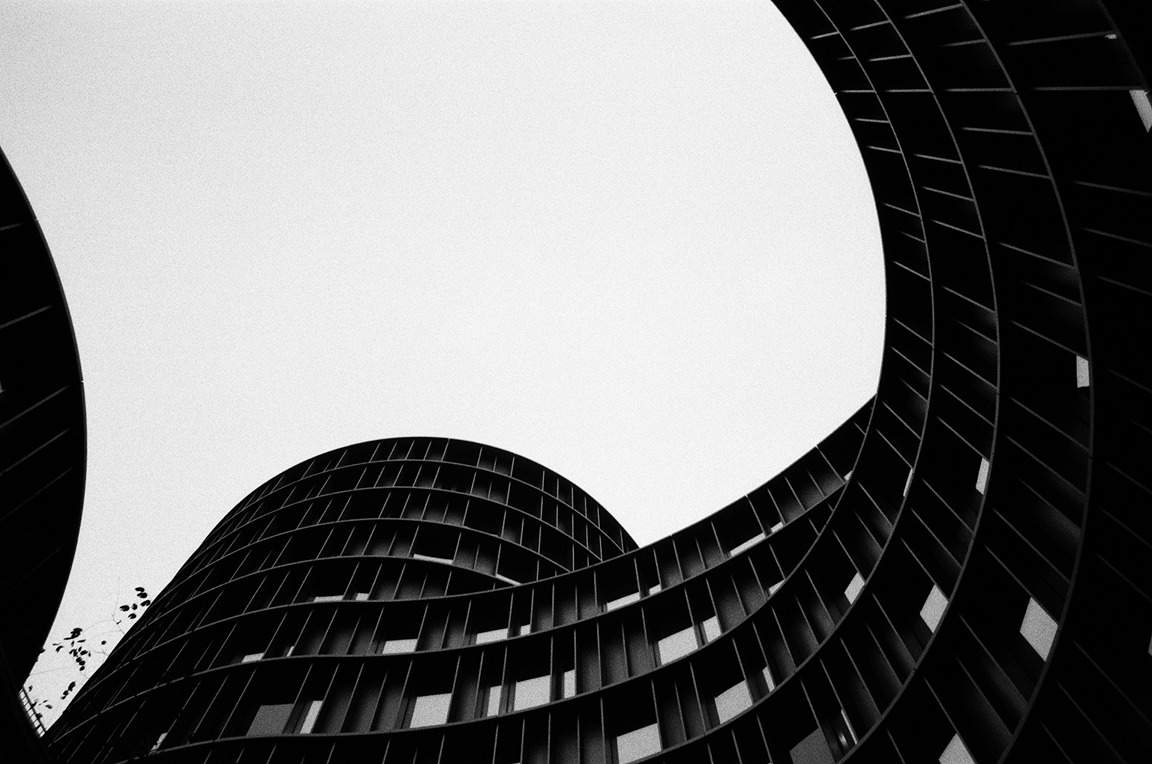Choosing the right location for your production is crucial to the success of your project. Whether you’re filming a movie, shooting a commercial, or capturing a music video, the location sets the stage for your story and has a significant impact on the overall aesthetic and ambiance of your project. Here are some tips to help you choose the right location for your production.
1. Determine your needs and objectives: Before you start scouting locations, it’s essential to have a clear understanding of your project’s vision, theme, and style. Consider the specific requirements of your story and what settings or environments will best convey the message you want to convey. This will help narrow down your search and save time during the scouting process.
2. Understand the logistics: Logistics play a significant role in determining the suitability of a location for your production. Consider factors such as accessibility, transportation, parking, and nearby amenities. Is the location easily accessible for your crew and equipment? Are there suitable accommodations for your cast and crew? Is there enough parking space for vehicles? These logistical considerations can make a big difference in the efficiency and smooth running of your production.
3. Consider permits and permissions: Before finalizing any location, make sure to check if you need permits or permissions to shoot at that location. Laws and regulations regarding filming vary from location to location, so it’s crucial to do your homework and obtain the necessary approvals beforehand. This will prevent any legal complications and ensure a hassle-free shooting experience.
4. Budgetary considerations: Your budget is a crucial factor when choosing a location for your production. Some locations may come with hefty rental fees, while others may offer more affordable options. Consider all associated costs, including rental fees, permits, transportation, and accommodation, and ensure they fit within your budget. If a location is beyond your budget, consider alternatives or negotiate with the location owner to find a mutually beneficial arrangement.
5. Scouting and research: Once you have a list of potential locations, schedule site visits to scout each one. This will allow you to examine the locations up close, assess their suitability, and visualize how they will appear on camera. Take pictures, note down any unique features or limitations, and compare each location against your requirements and objectives. Additionally, conduct research on lighting conditions, noise levels, and any potential limitations or challenges that might arise during shooting.
6. Location compatibility: Think about how the location will complement your story, theme, and characters. Does it enhance the visual appeal of your project? Does it add depth and authenticity to your narrative? Consider the ambiance, architecture, and overall feel of the location, ensuring they align with your project’s vision. Sometimes, even minor details like building facades or natural landscapes can make a significant difference in the aesthetics of your production.
7. Weather considerations: Depending on your project, weather conditions can greatly impact your shooting. If your production relies heavily on natural lighting, you need to consider the weather patterns and climate of your chosen location. Will it rain frequently or be excessively windy during the planned shooting dates? Does the location experience extreme temperatures that may hamper the comfort of your cast and crew? It’s essential to evaluate these factors and have contingency plans in place to ensure your production runs smoothly despite unexpected weather changes.
8. Local support and resources: When shooting on location, having local support can be immensely beneficial. Local contacts can help with obtaining permits, securing accommodations, and connecting with other necessary resources. Establish relationships with local production companies or professionals who can provide insights, recommendations, or even assistance during shooting. Their knowledge of the area can prove invaluable in navigating potential challenges or unexpected situations.
Choosing the right location for your production is a multi-faceted process that requires careful consideration of various factors. By understanding your project’s needs, conducting thorough research, and considering logistical, budgetary, and creative aspects, you can find a location that perfectly fits your vision and brings your story to life. Remember, the right location can significantly elevate the quality of your production, so take your time, explore all options, and make an informed decision.















